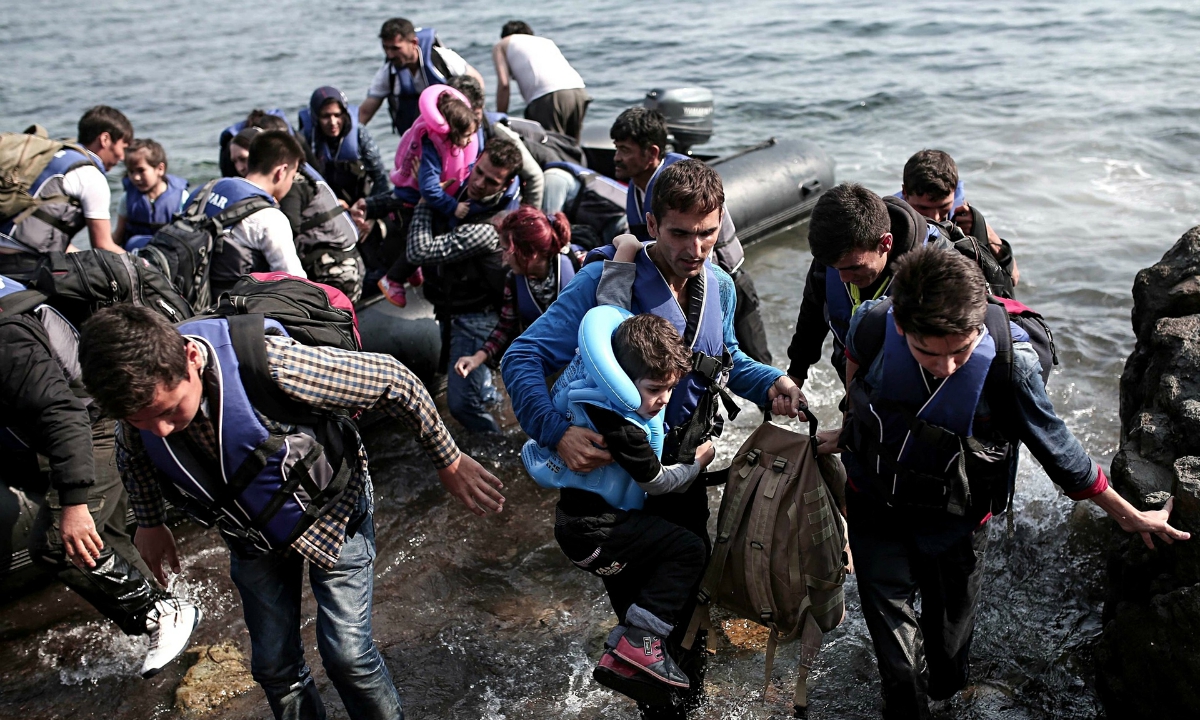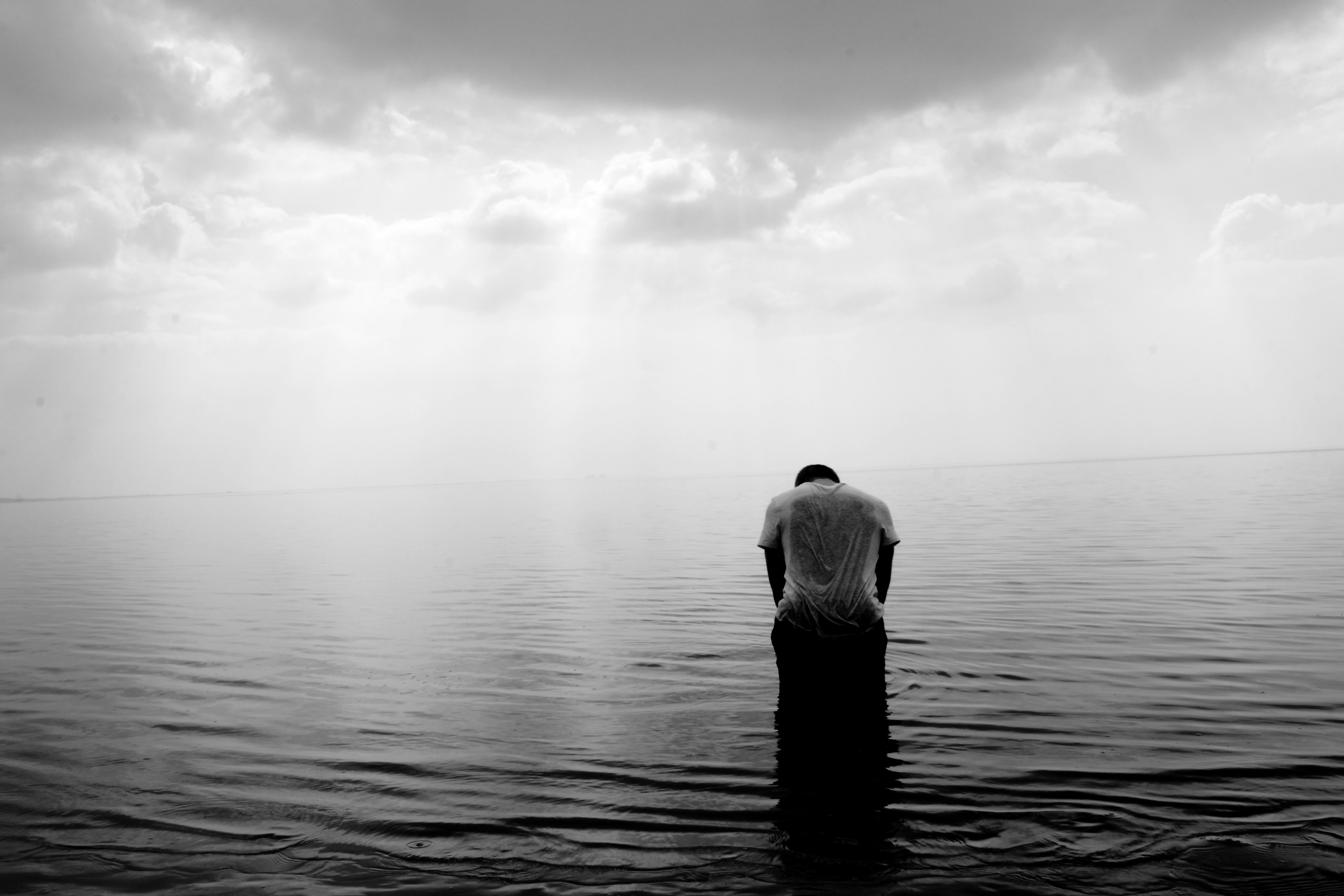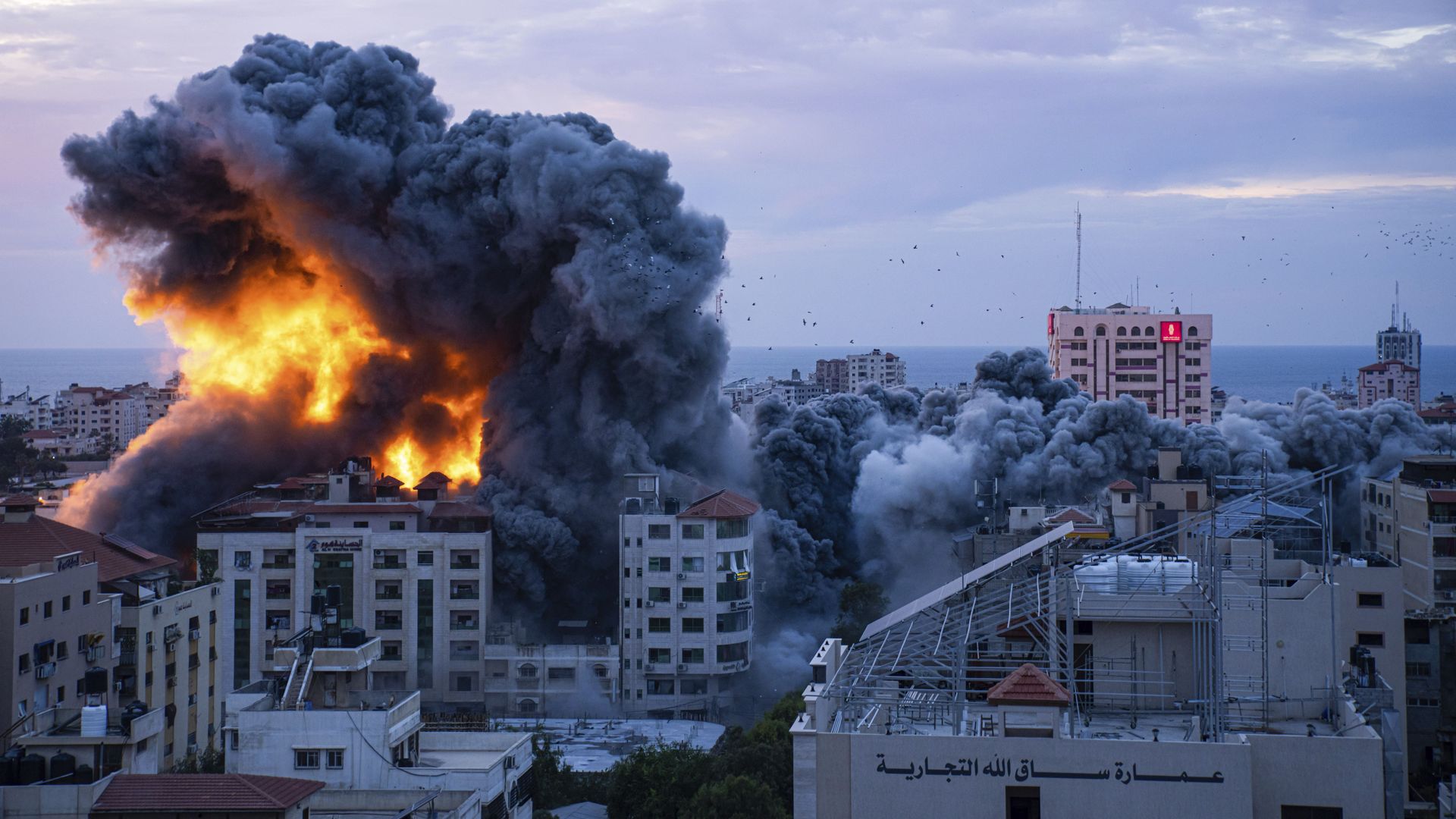The real crisis caused by the Syrian refugee crisis

Sometimes I write about things I know. Sometimes I write about things I don’t. Today, I’m writing about both, and it’s hard.
How does a believer respond in a world that is growing increasingly hostile to what he believes? Most of us know we should do something, and yet most of us couldn’t even begin to say what it is we should be doing. As a result – 2 thumbs pointing squarely at yours truly – most of the time we end up doing nothing.
How do we love a world courageously when that very act could open us up to being persecuted by that same world mercilessly? I’m not sure about all the specifics, but I’d like to share 3 general guidelines that I think can at least help shape the conversation that we need to be having as believers.
Fear and faith are neighbors.
I can already hear it: “Fear is the opposite of faith! Don’t you know the Bible? I thought you were a pastor!” Fear isn’t the opposite of faith; disobedience is. Fear actually lives right next door to faith on a street that leads us out of our comfort zone. Need proof?
[Tweet “Fear isn’t the opposite of faith; disobedience is.”]
David wrote that he would fear no evil because he was in the valley of the shadow of death (Psalm 23:4). He was in a scary place that required faith.
Ananias wasn’t too keen on God’s plan to visit a (dare I even say??) terrorist named Saul who had been brought into the borders of his city. (Acts 9:13-14)
Come to think of it, Jesus wasn’t all that pumped about the cross. (Luke 22:42)
The point? Simply that all of us will feel fear from time to time if we’re following Jesus because he’s always looking to lead us to places that aren’t comfortable.
As Christians, there’s nothing wrong with feeling fear, but something’s wrong with feeding it, and right now, that’s what so many believers are doing.
[Tweet “As Christians, there’s nothing wrong with feeling fear, but something’s wrong with feeding it.”]
The idea of opening up our country, our states, our neighborhoods and homes to Syrian refugees scares me, but not nearly as much as letting that fear stop me from following the commands of scripture.
“Religion that is pure and undefiled before God, the Father, is this: to care for orphans and widows in their distress, and to keep oneself unstained by the world.” — James 1:27
To date, over 12 million refugees have been displaced from Syria alone, and over half of them are children. Could the other half all be terrorists? I guess it’s possible, but it doesn’t seem to be as possible as what you’ve probably read in your Facebook and Twitter feeds from people who are freaking out.
And that leads to the second truth.
God doesn’t panic.
Can you imagine the God described in Isaiah 40:12 watching Fox News or CNN while pacing back and forth wondering what to do next?
“Who has measured the waters in the hollow of his hand, or with the breadth of his hand marked off the heavens? Who has held the dust of the earth in a basket, or weighed the mountains on the scales and the hills in a balance?” – Isaiah 40:12
It’s absurd to picture God in a panic, but how do people picture him when his children panic? Probably as a God much smaller than the God Isaiah wrote about. If God doesn’t panic, then it’s fair to say that we don’t represent him well when we do.
[Tweet “If God doesn’t panic, then it’s fair to say that we don’t represent him well when we do.”]
When we panic and talk more about the evil in this world than we do about the God who loves this world, we paint a picture that very few people want to look at.
We were all refugees once.
Sometimes it’s way too easy to forget who we were and where we were, but God talks a lot about our past in the Bible. He doesn’t do it to shame us or to “put us in our place” as much as he does it to make sure we never forget what it was like to be on the short end of the grace stick.
When his people moved into their new home with a fridge stocked full of milk and honey, he gave them a plaque as a housewarming gift. It read:
“You shall also love the stranger, for you were strangers in the land of Egypt.” — Deuteronomy 10:19
This is something we can never afford to forget. Sure, we may not have been displaced physically like the Syrian refugees are, but all of us were spiritual refugees. All of us know what it’s like to be on the outside looking in, and at the very heart of the gospel is a God who wasn’t willing to leave us there.
“Remember that you were at that time separate from Christ, excluded from the commonwealth of Israel, and strangers to the covenants of promise, having no hope and without God in the world. But now in Christ Jesus you who formerly were far off have been brought near by the blood of Christ.” – Ephesians 2:12-13
I can hear you reminding me that Jesus didn’t have to worry about welcoming us in when we were spiritual refugees. After all, he was God and so he didn’t have to feel the fear that we do or take the risky step into the unknown.
I would simply remind you that when Jesus took us in, we killed him.
But as only one who has been resurrected can, he calls us to now do the same, and when we understand how much he loves us – and the 12 million refugees from Syria – we’ll find ourselves compelled by that love to do whatever we can to bring outsiders into the family.
Is it possible that our obedience could open us up to pain and loss and suffering? No. It’s guaranteed (see Matthew 10:22; Matthew 24:9; John 15:18; John 16:33 … you get the idea). After all, radical Muslims are pretty committed to violence, and whether we say yes or no to the true refugees, they will find ways to act in a manner consistent with their beliefs.
The only question is, will radical Christians do the same?
[Tweet “That “perfect love casts out all fear” thing? Now is a good time to live it.”]









Leave a Comment